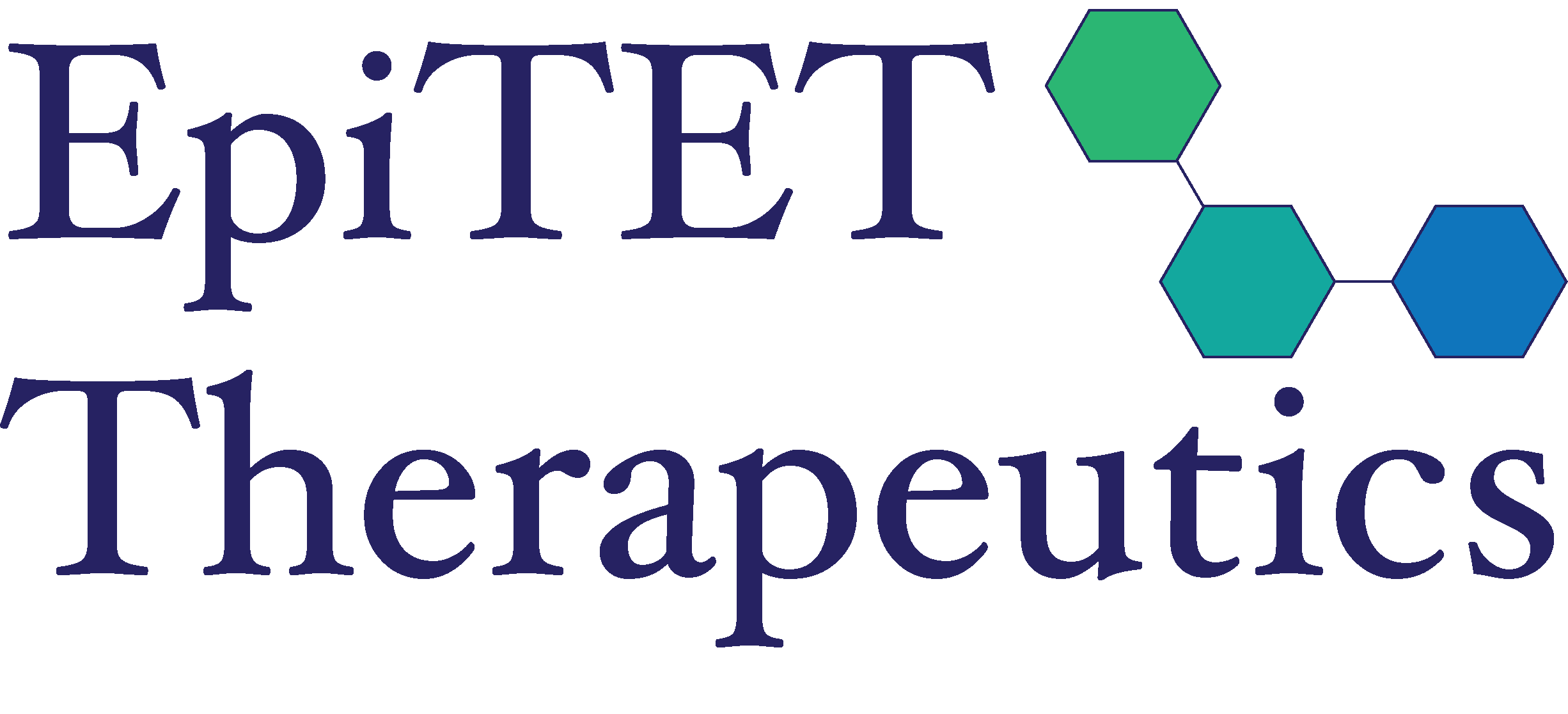Yale Technology Spotlight: EpiTet Therapeutics

At the intersection of cutting-edge immunology and epigenetics, EpiTet Therapeutics is redefining how we treat chronic inflammatory diseases.
With scientific roots at Yale and translational ambition, this collaborative venture is advancing a first-in-class therapy that has the potential to transform care for millions affected by endometriosis, liver disease, and cancer.
EpiTet is pioneering the next generation of therapies at the intersection of immunology and epigenetics. Spun out of Yale with a vision to translate groundbreaking science into real-world impact, this early-stage biotech is building a novel platform to reprogram immune responses in chronic inflammatory diseases. Focused initially on endometriosis, liver disease, and cancer, EpiTet is advancing a first-in-class therapeutic that holds the potential to reshape standards of care for millions.
FOUNDED
2024
New Haven, CT
FOUNDERS
Yingqun Huang, MD, PhD, Professor, Obstetrics, Gynecology & Reproductive Sciences
Erika Smith, CEO
George Maynard, PhD, Chief Science Officer
Brooks Leitner, MD, PhD
TECHNOLOGY
Core Technology: Small molecule-induced depletion of disease-activated macrophages expressing epigenetic protein
Applications: Endometriosis, MASH (metabolic dysfunction-associated steatohepatitis), non-small cell lung cancer
EpiTet is a novel immuno-epigenetic therapeutic platform. Designed to modulate disease-driving immune cells, it uses a small molecule-based approach to deplete epigenetically altered macrophages that perpetuate inflammation in chronic diseases. With applications in women’s health, metabolic diseases, and oncology, it is transforming the treatment paradigm for conditions where inflammation is both a driver and a barrier to recovery.
Impact Potential
EpiTet targets a pressing and underserved need in immunology by identifying and eliminating a subset of macrophages that are epigenetically programmed to drive chronic inflammation. These macrophages, or Toe-Macs (TET3 over-expressing macrophages), are induced in disease environments but are otherwise absent in healthy tissue. The lead compound, Epi-100, selectively depletes these cells, resulting in significant disease attenuation in animal models without side effects.
This approach is particularly promising in endometriosis, a condition affecting 10% of women and contributing to up to 50% of infertility cases. In MASH, where there is currently only one FDA-approved therapy, EpiTet’s solution offers a potential new line of treatment by targeting inflammation at its source. The same strategy is being extended into lung cancer and autoimmune diseases, where macrophage dysregulation plays a central role.
In the CEO's Words
“We’re not just suppressing inflammation; we’re teaching the immune system to forget its pathological patterns. Epi-100 represents a whole new modality to regulate disease from within. This progress has only been possible through a true team effort — from our scientific collaborators at Yale to the support of the Blavatnik Fund, Yale Ventures, and an extraordinary network of advisors and champions.” — Erika Smith, CEO, EpiTet
Recent Milestones & News
- EpiTet Wins National Nucleate Venture Prize in 2024
- Awarded BioLabs Golden Ticket for Promising Early Therapeutics Startup in 2024
- Blavatnik Fund for Innovation at Yale selected EpiTet for early-stage commercialization support in 2022
Publications
- "TET3-overexpressing macrophages promote endometriosis" Journal: Journal of Clinical Investigation | Date: 11/2024
- Commentary: “Targeting TET3 in macrophages provides a concept strategy for the treatment of endometriosis”
